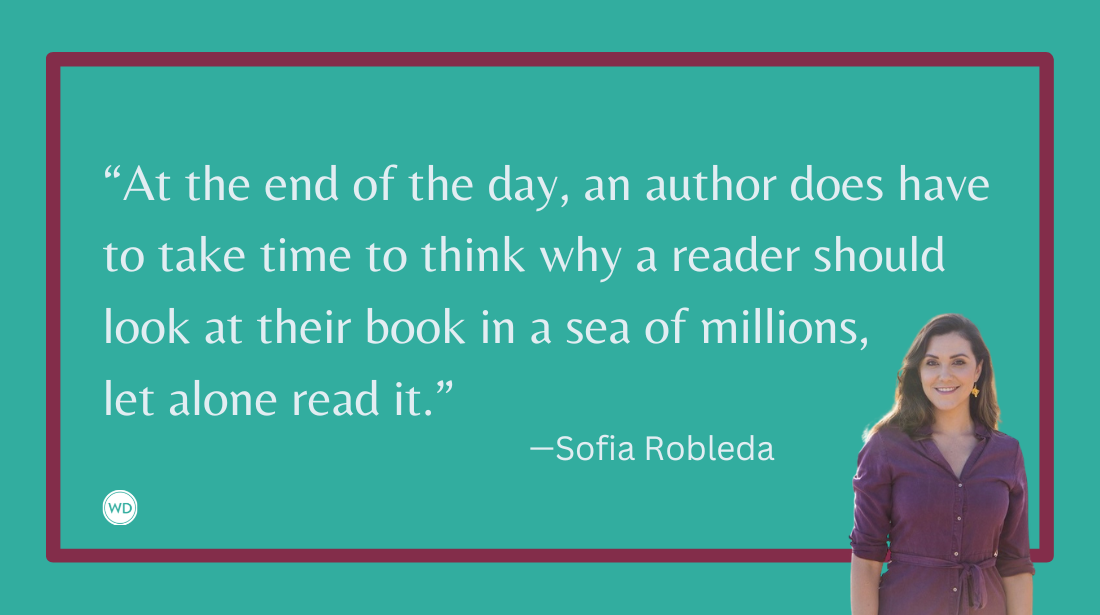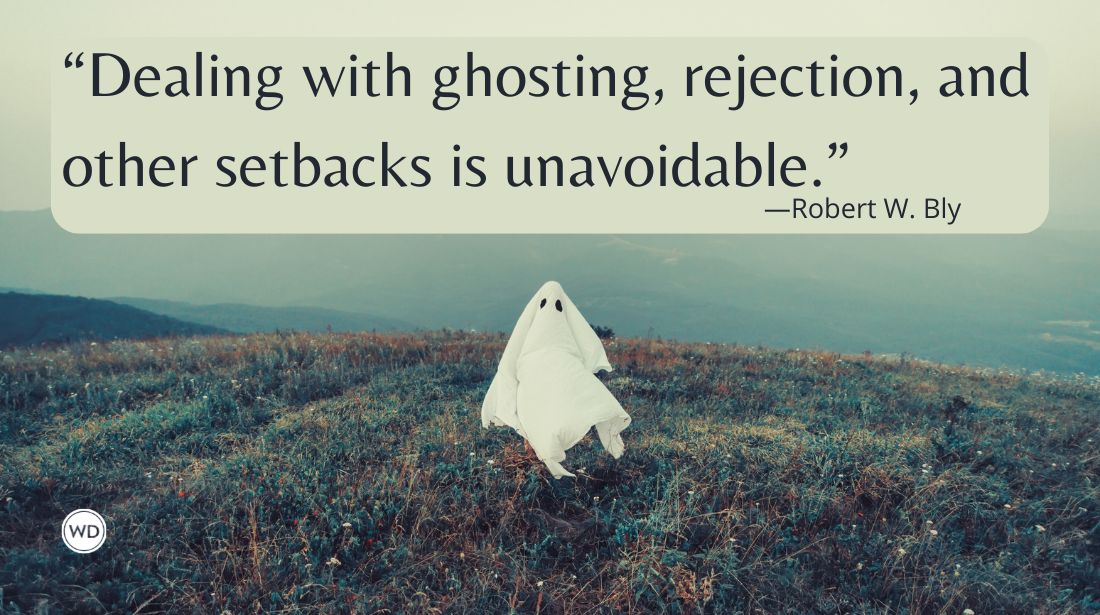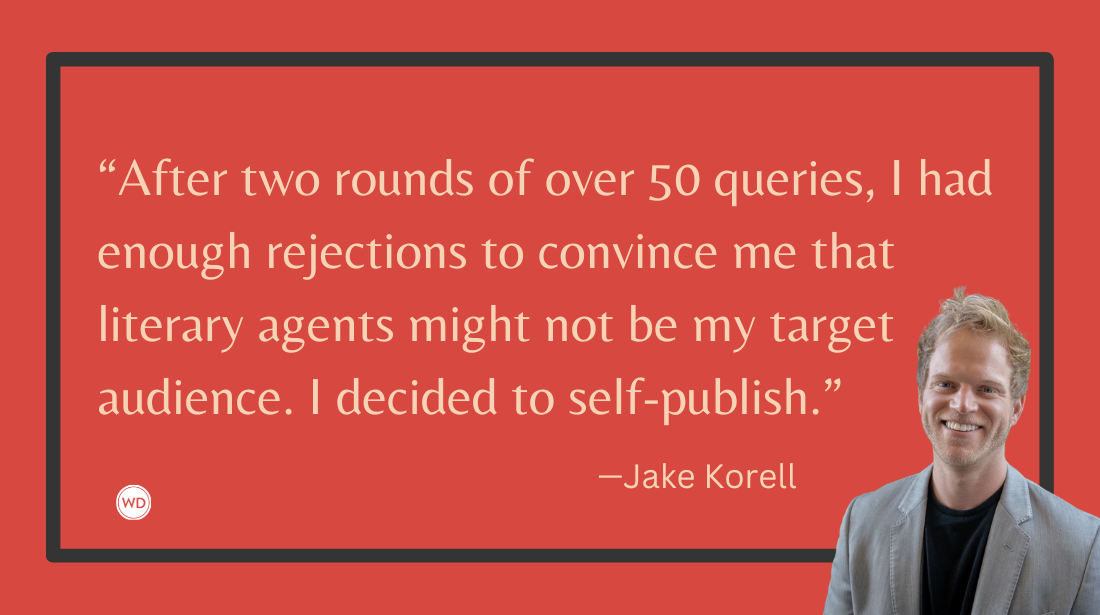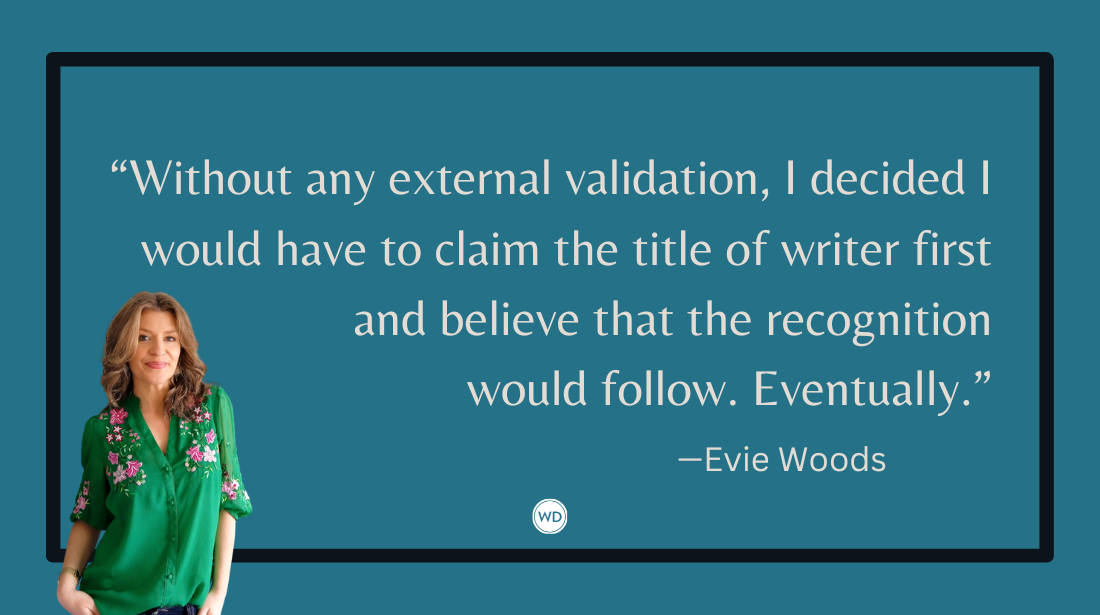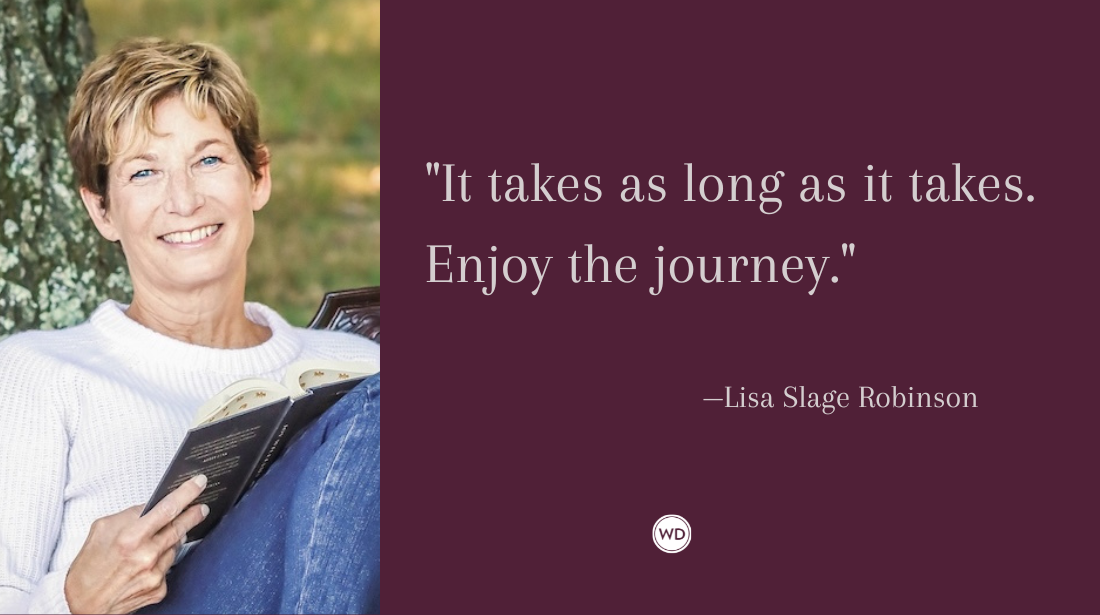Do Writers Need to Go to College?
Do writers need to go to college to be writers? If so, should they major in English, communications, journalism, creative writing, or some other discipline? And if not, what kind of education should writers pursue? We dive into these questions here.
Recently, I took my oldest son on his first college visit. So college (and wondering where the time goes) has been on my mind. But it's true that I've often been asked if writers need to go to college and what major a person should pursue if they wish to be a writer.
As someone who took enough credit hours to graduate with writing certificates in both Creative Writing - Fiction and Professional Writing, in addition to my English Lit degree, I can attest to the fact that a student can learn a lot about many disciplines of writing at the college level. That said, I don't think there's one easy answer that fits everyone's situation.
With that in mind, let's unpack this one question at a time.
Do Writers Need to Go to College to Be Writers?
The quick answer is, "No. Writers do not need college to be writers." I mean, I started writing and publishing in high school. So I didn't even have a high school diploma, and I know many writers who started publishing and earning money as writers before they graduated high school. As an editor, I don't think I've ever asked a potential freelancer what college they attended or what their grade point average was.
Before everyone forgoes and/or drops out of college, let me explain that I wouldn't have my job as an editor with Writer's Digest without my college degree. It was literally as a result of one of my creative writing classes that I got my foot in the door (and they haven't been able to push me back out since). Working as an editor has helped me grow as a writer and understand the business side of things in ways that someone without that professional experience normally would.
Plus, as I mentioned earlier, I learned so much about the craft of writing in several disciplines as a result of being an English major who went a little overboard with his writing-specific courses. I learned about writing poetry, fiction, persuasive copy, technical documents, articles, and more. All of that cross-discipline study was incredible.
But do all writers need (or want) that? No. No, they don't. And this is literally a question that comes with a quantifiable price tag of an answer.
If you want to write poetry, fiction, or freelance, then you'll probably "need" college less than someone who wants to work for a company. While there are exceptions, many companies like college degrees—and more of them even want MFAs. So it's not just about what do you need to be a writer, but what do you need to be a certain type of writer.
If So, What Major Should Writers Pursue?
So, let's assume you answer "yes" to the college question (don't worry, I'll address "no" below). The next question is understandably, which major? And the answer to that question really depends upon what you're trying to accomplish.
If you want to be an editor, then an English lit or communications degree might be a good fit. If you want to be a journalist, then journalism makes sense. Many colleges offer professional and/or technical writing certification if you want to go into those fields. Of course, it's possible to major in something completely different, like engineering or medicine, and take writing courses on the side. Honestly, that could make you more marketable as a writer—if you're interested in writing about those topics.
As with most writing-related decisions, there are a range of possibilities and no "one size fits all" solution, which is sort of equal parts liberating and frustrating, but hey, that's writing.
If Not, How Can Potential Writers Improve Their Skills?
This might sound self-serving (and maybe it is a little), but reading articles in Writer's Digest magazine and on WritersDigest.com is a good start, in addition to attending our virtual and live conferences and taking our online courses and webinars. We are writers who want to help other writers succeed. But there are other options available too—other writing magazines, events, and organizations. Heck, our magazine shares 101 websites for writers every year.
Beyond that, the best way to become a better writer is to read great writing. Sure, that can mean reading Shakespeare and Virginia Woolf, but it also means reading more contemporary writing in a variety of genres. If you write fiction, read nonfiction and poetry. Study the structure of novels and screenplays and memoirs.
And do your best to connect with other writers. We're in a golden age of being able to connect with other writers despite geography and time zones and even languages. Take advantage of technology and connect.
Final Word on Writers and College
I am so grateful for everything I learned about writing in college, and I endorse taking writing courses and pursuing an English lit degree if you feel compelled to read lots of books and write a lot of papers and stories and poems. However, don't feel like that's the only path. There is no such thing as "the only path" unless you're discussing the only path that works for you. Because we all want similar things, and we all get there in our own ways and time.
*****
Writer's Digest is proud to offer our Copyediting Certification course. This workshop will provide training for aspiring copy editors in order to give them practical and marketable workplace skills. As a student in this certification course, you will progress from the fundamentals of grammar, form and composition to advanced copyediting skills.





